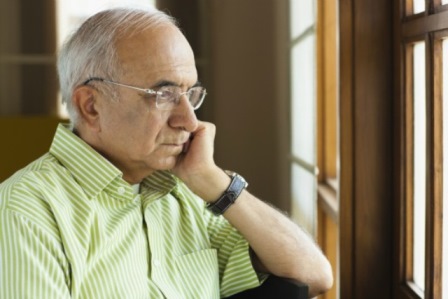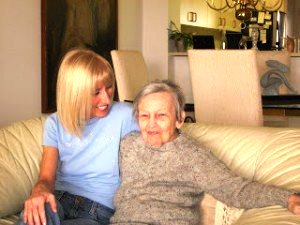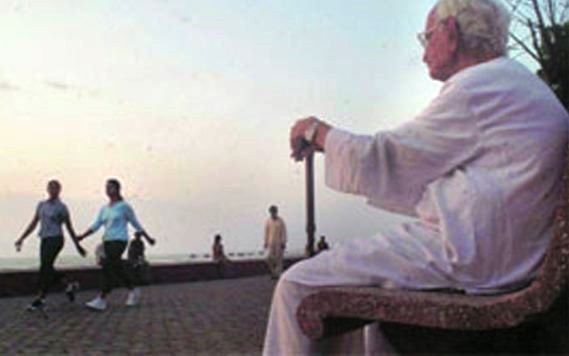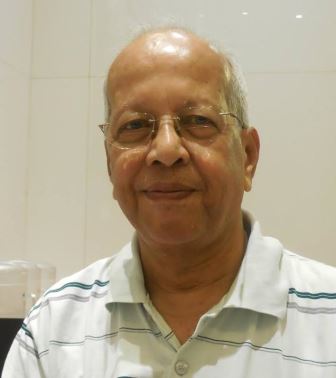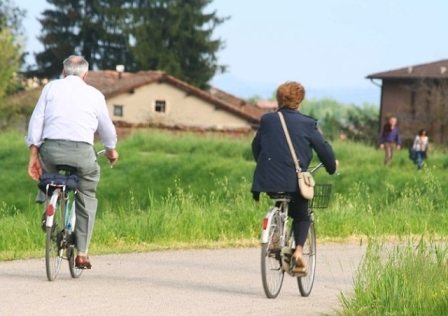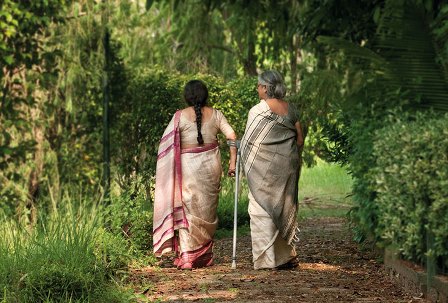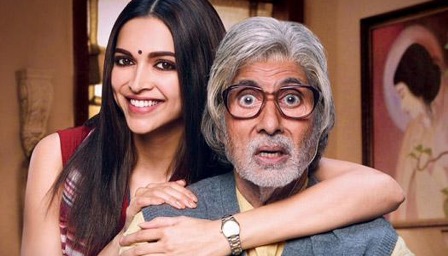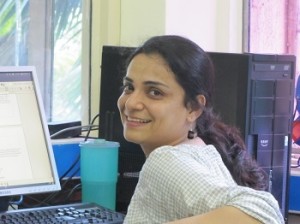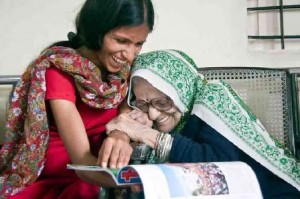Aniket Sahastrabuddhe writes about being ‘banished’ to his brother’s home after refusing to will his Mumbai house to his children.
As told to Reyna Mathur
You read about these things in the papers, you hear stories of such incidents from neighbours and friends, but you never imagine it would happen to you.
I have two children, both are daughters. Like any father, I raised them with love and did not leave them wanting. At times, my wife would scold me for spoiling them with too many gifts, sometimes too much pocket money. But they are the centre of my world. Since the time both of them were born, they have been the most important people in the world to me.
I gave them a good education in Mumbai, got them married to the partners of their choice with full pomp and ceremony. My older daughter is a Chartered Accountant with a prominent law firm in Mumbai, and the younger one is a lawyer with a thriving private practice. Our home in Andheri was a three bedroom apartment with every modern amenity. Whatever my wife and kids wanted, I always tried to provide.
My wife passed away very suddenly when she had gone to visit her sister in Bangalore. She had never had a heart ailment, but one morning, she just collapsed and died. This was 10 years ago. My daughters were already married and I had just wound up my business (his company supplied parts for mobile phones and computers; he ran three factories and an office in Mumbai) and was looking forward to a quiet retirement with her. Then she was gone and I was left alone in our house.
Everything was great, at first
My daughters rallied around and took care of me at first. I had never learnt how to cook or clean, but after my wife’s death, I started learning a few basic recipes. My kids would also come with their husbands and bring food and groceries, sometimes they would stay over for weeks. I missed my wife but I was happy to know that I had a strong support system.
Then one day, my younger son-in-law suggested that I come live with them. ‘Your house is too big for one person, how will you maintain it?’ he kept asking. What he said made sense. But this was my home. I had bought it when I had nothing, and it had given us so much in return. I refused to move at first. Then my older daughter chimed in, saying that I should stay with them. ‘If you like, you can live with Sai (the younger daughter) and me in turns. Just don’t live here alone. We worry about you,’ she said.
Finally, with a heavy heart, I agreed to this arrangement. I locked up the house and moved to my older daughter’s home in Goregaon.
Then it happened
It was a big adjustment on my part because I had just vacated a large home for my daughter’s small one. But I made my peace with that. I even started helping her around the house. I would get groceries, play with her toddler son (she also has an older daughter), clean up the house when the domestic help didn’t come. I would stay with her for six months, then spend six months with my younger daughter. It was an arrangement I began to get used to, though I had zero privacy and no space of my own.
After a year, both my daughters and their husbands held a family meeting and asked to speak with me. I was literally bombarded from all sides. ‘You should sell your house and live with us,’ they kept saying. ‘You can get a handsome amount of money when you sell. You can split that money equally in three parts (one for myself, one each for my daughters) and we can continue this arrangement,’ they insisted.
I was insulted to note that they had spoken about this without my consent, and that they had assumed that I would sell off the home and give them money. My wife and I had already decided that our house would be sold only after both of us were dead, and through a legal arrangement. My plan was to sell the house, and donate the proceeds towards building our family home in Konkan. My brother currently takes care of the Konkan property.
When I refused to sell, gently at first and then firmly, my daughters’ behaviour changed completely. They called me selfish. They said I did not care for their monetary troubles, ‘which had increased ever since I started living with them’. They even accused me of never caring for them, and only being interested in money all my life. After an entire life spent trying to give them every comfort they desired, this was what they thought of me.
Banished from home
Their behaviour convinced me that I should not leave anything to them. My wife and I created our life from nothing, and so should our children. We did not get home, money or cars from our parents. Whatever I have today, I have worked hard for it. I have already given them everything they needed. Why should my children think that they are entitled to everything I own?
When they realised that they would not be getting any of the house proceeds, both my daughters firmly told me that I could no longer live with them. I was told to go ‘live with my brother’ since I cared more about him. The last straw was when I went to my house in Andheri and found that the locks had been changed. I left from there immediately, bought a bus ticket for Pune and went to my brother’s house. I am living here for the past eight months.
The house is in contention
I do not have the will to fight my daughters. Their selfishness has completely demoralised me. My brother tells me to solve the issue of my Andheri home. But I have no option apart from going to court. However, I am scared of how they will treat me when I come face to face with them. I am meeting my lawyer in Mumbai and hopefully I will solve the problem of the house soon.
I now spend my days wondering what I did wrong in trying to decide what I should do with something that is rightfully mine.
‘Grey Space’ is a weekly column on senior citizen issues. If you have an anecdote or legal information, or anything you feel is useful to senior citizens, caregives and the society at large, feel free to get it published in this space. Write to editor@themetrognome.in or on Facebook at www.facebook.com/Themetrognome.in and we will publish your account.
(Picture courtesy www.indiatimes.com. Image is used for representational purpose only. Mr Sahastrabuddhe was uncomfortable about sharing his photograph for this story)
